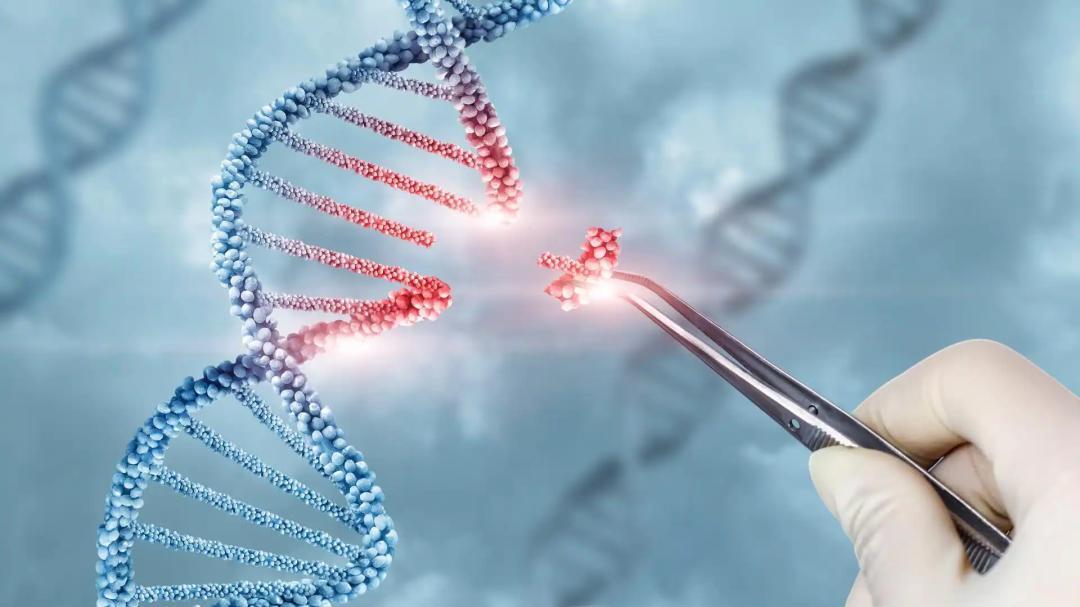
3-year-old shows progress after receiving world’s 1st gene therapy for Hunter syndrome
In a groundbreaking medical breakthrough, three-year-old Oliver Chu has shown significant progress after receiving the world’s first gene therapy for Hunter syndrome at the Royal Manchester Children’s Hospital in February 2025. Hunter syndrome, also known as Mucopolysaccharidosis type II (MPS II), is a rare genetic disorder that causes progressive damage to the body and brain. This condition affects approximately 1 in 100,000 to 1 in 150,000 males worldwide, with no known cure until now.
Oliver’s remarkable progress has given new hope to families and medical professionals around the world who have been battling this debilitating disease. According to his doctors, Oliver has been responding exceptionally well to the gene therapy, which has improved his quality of life and slowed down the progression of the disease. The medical team at the Royal Manchester Children’s Hospital has been closely monitoring Oliver’s condition, and the results are nothing short of miraculous.
“I’ve been waiting 20 years to see a boy like Ollie doing as well as he is,” said Dr. [Last Name], a leading expert in the field of genetics and pediatrics, who has been treating Oliver since his diagnosis. “The progress he has made is a testament to the power of gene therapy and the dedication of our medical team. We are thrilled to see Oliver thriving and enjoying life like any other child his age.”
Hunter syndrome is caused by a deficiency of the enzyme iduronate-2-sulfatase, which is essential for breaking down sugar molecules in the body. Without this enzyme, toxic substances accumulate in the body, leading to a range of debilitating symptoms, including developmental delays, hearing loss, and respiratory problems. The disease progresses rapidly, and most children with Hunter syndrome do not survive beyond their teens.
The gene therapy that Oliver received is a pioneering treatment that involves introducing a healthy copy of the iduronate-2-sulfatase gene into the patient’s cells. This gene is then used to produce the missing enzyme, which helps to break down the toxic substances and slow down the progression of the disease. The treatment is still in its experimental stages, but the results so far have been overwhelmingly positive.
Oliver’s parents, who have been by his side throughout his journey, are overjoyed to see their son thriving. “We were told that Oliver’s condition was incurable, and that he would not be able to lead a normal life,” said Oliver’s mother. “But thanks to the gene therapy, we have seen a significant improvement in his health and well-being. He is now able to play, run, and enjoy life like any other child his age. We are forever grateful to the medical team at the Royal Manchester Children’s Hospital for giving our son a second chance at life.”
The success of Oliver’s treatment has sparked hope for other families affected by Hunter syndrome. The medical community is eagerly awaiting the results of further clinical trials to confirm the efficacy and safety of the gene therapy. If proven successful, this treatment could potentially become a standard treatment for Hunter syndrome, offering new hope to families around the world.
In conclusion, Oliver’s remarkable progress after receiving the world’s first gene therapy for Hunter syndrome is a beacon of hope for families affected by this rare genetic disorder. The dedication and expertise of the medical team at the Royal Manchester Children’s Hospital have made a significant difference in Oliver’s life, and their work has the potential to transform the lives of many others. As we continue to push the boundaries of medical science, we may soon see a future where genetic diseases like Hunter syndrome are a thing of the past.



